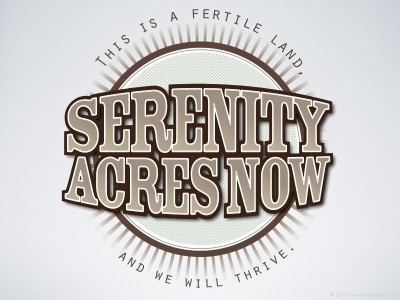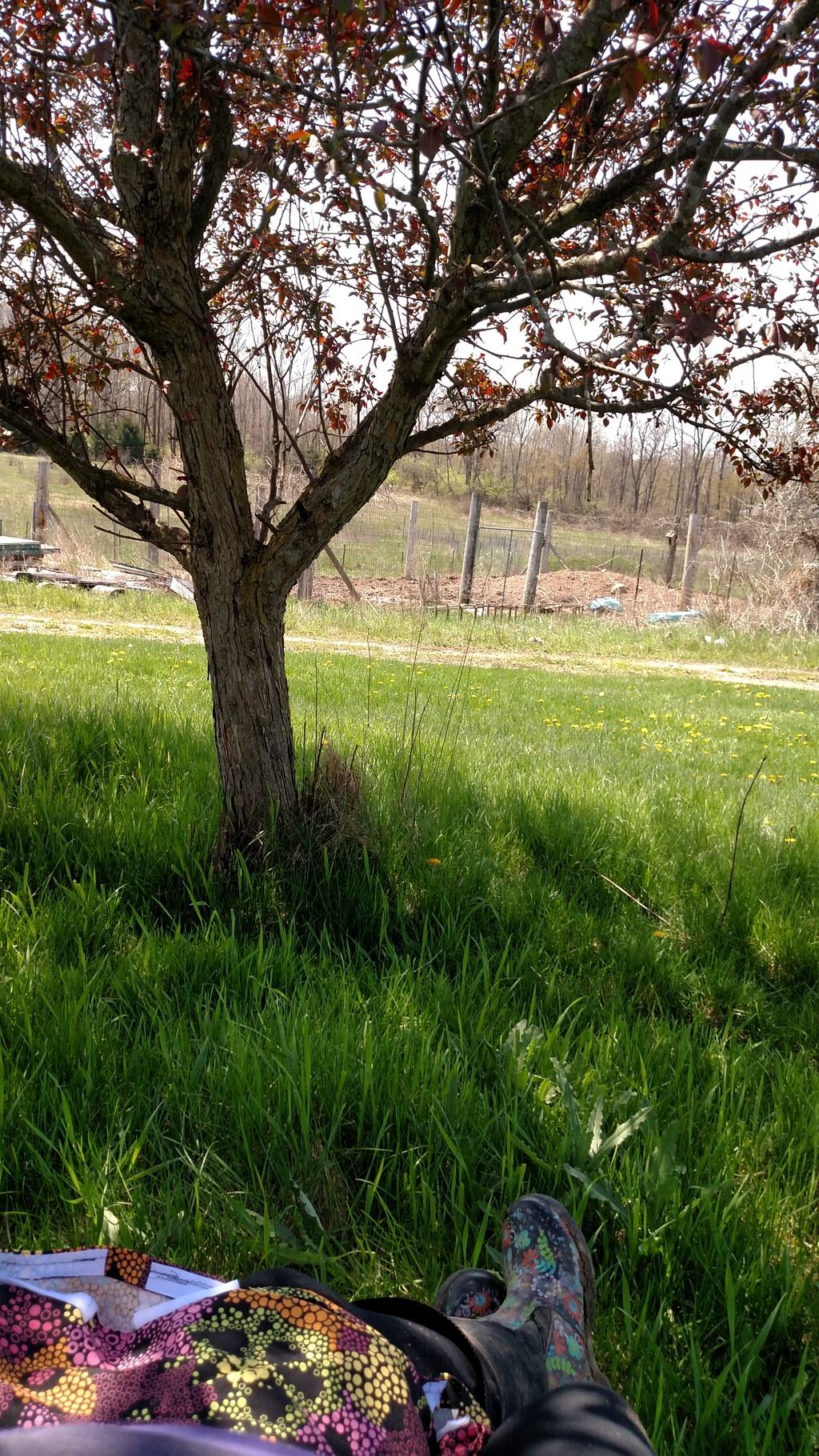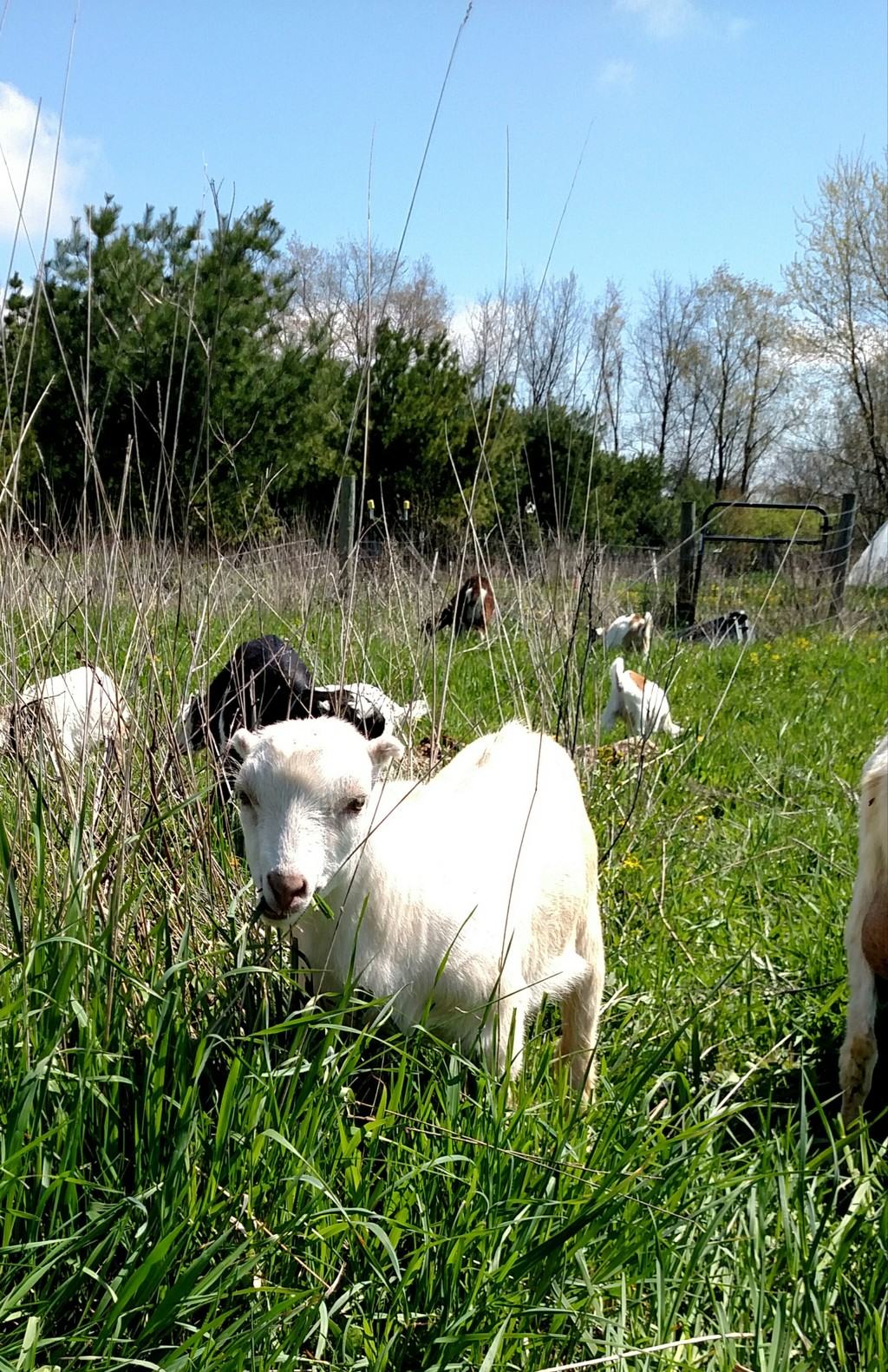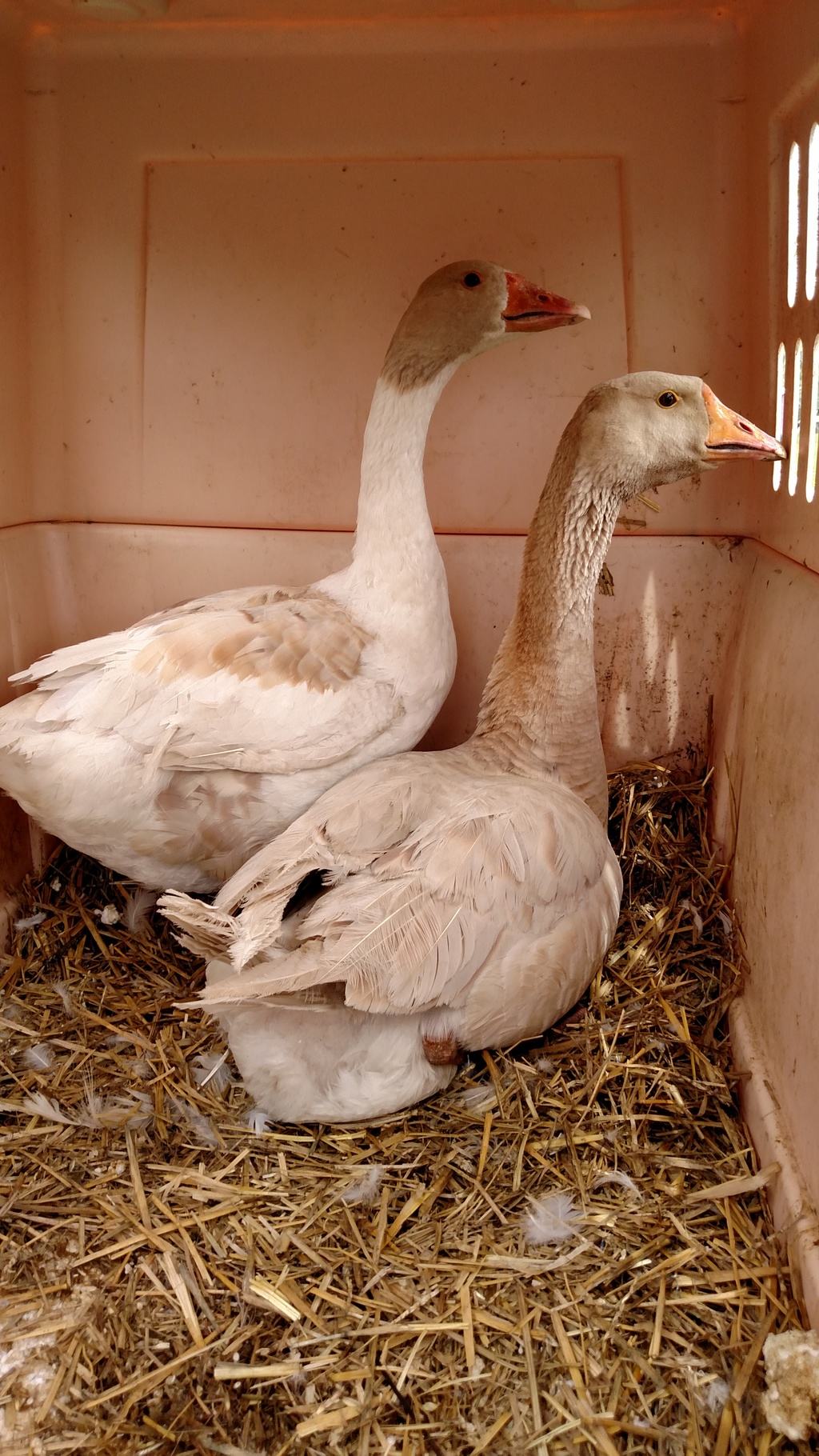[easyreview title=”The Sheer Ecstasy of Being a Lunatic Farmer, By Joel Salatin” cat1title=”Books” cat1detail=”An excellent resource for those looking for helpful practical and philosophical information on ecological, sustainable farming.” cat1rating=”5″]
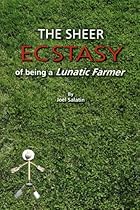 I’ve been reading quite a few of Joel Salatin’s books of late, and this is just the latest. If you are unfamiliar with the author, his family runs Polyface Farms, in Swoope, Virginia – a pasture based, land-healing, ecological farm that provides nutrient-dense foods to the local community. Perhaps he’s sounding more familiar to you – have you read The Omnivore’s Dilemma by Michael Pollan? Mr. Salatin was heavily featured in that book, as well as the documentary, Food Inc. He’s made a successful family enterprise out of their farm over the decades, and has done it all while shirking “conventional” farming practices in favor of self-proclaimed “lunatic” ideas.
I’ve been reading quite a few of Joel Salatin’s books of late, and this is just the latest. If you are unfamiliar with the author, his family runs Polyface Farms, in Swoope, Virginia – a pasture based, land-healing, ecological farm that provides nutrient-dense foods to the local community. Perhaps he’s sounding more familiar to you – have you read The Omnivore’s Dilemma by Michael Pollan? Mr. Salatin was heavily featured in that book, as well as the documentary, Food Inc. He’s made a successful family enterprise out of their farm over the decades, and has done it all while shirking “conventional” farming practices in favor of self-proclaimed “lunatic” ideas.
This is his most recent book, published in 2010, and since he’s been writing books since 1993 (starting with Pastured Poultry Profit$) there do seem to be some stories that are common to each book, which might make some feel put off that they are paying to read those stories again. However, this book, like any of his that I’ve read thus far, has original content as the meat of the book – those examples he cites only reinforce the ideas and principles conveyed. Lunatic Farmer provides not only good philosophical advice, but also, quite a bit of practical information that we will be implementing here on our farm. I think the combination of the two is essential – and so does Mr. Salatin, as he points out how we’ve become a culture of technicians, only asking “how” instead of first asking “why?” Unless we recognize the importance of why we should be using portable structures for our animals and rotating them on pasture, how we might go about accomplishing that is pretty irrelevant.
Learning more about the practices of “lunatic farming,” you discover that not only does farming not have to deplete the land or create a filthy, smelly nuisance in the neighborhood – in fact, ecological, sustainable practices actually heal the land, and do not create offensive odors. This is in sharp contrast to the industrial farming practices seen on feedlots and in massive farming operations.
Mr. Salatin covers not just the aspects of production on an ecological farm, but the entire business model: processing, accounting, marketing, distribution, and customers. While this book cannot be regarded as a complete reference on each of those subjects, it is certainly a great launch point – it will get you started on your way, and there is plenty of further reading (including more books by the same author) that will help you further in the journey. The author points out the importance of avoiding just selling raw materials in a wholesale market – this is the downfall of farmers, and why so many have reached the conclusion, “thar ain’t no money in it.” Instead, using the whole business model he outlines, he demonstrates how farms, such as his own, have enjoyed great success using direct marketing to customers. In fact, Mr. Salatin advocates for the idea of “white-collar farmers” – well-educated folks raising food, and enjoy a profit and a white-collar salary for doing so. Our food supply is an integral part of our lives – why should we believe that those raising our food should be “dumb rednecks” or the like? It runs counter to insuring food quality and safety. There needs to be ecstasy in being a farmer, so that more young people will choose it as a viable career path, and we can continue to have high-quality, nutrient-dense foods that are produced on farms where all living things are respected: animals, people, the land, and the things that grow on and in it.
I’d really recommend this book to anyone who is looking for inspiration in running an ecologically-based farm operation. We are in the process of implementing some of the ideas from this and Mr. Salatin’s other books on our own farm here, as we’ve realized the wisdom of not only the “why” but “how” he and his family have structured their farm. I have no qualms about admitting that Mr. Salatin has become a personal hero of mine, and as such, my admiration of him is reflected in my review of his book(s). However, I should note that this review is strictly provided as a personal recommendation, and I have not been compensated or otherwise influenced for my writing here.
If you would like to help support our site and the reviews on it, please consider using our Amazon store if you decide to purchase the book. It won’t cost you any more, but we will receive a small credit as an Amazon Associate that will build up and eventually allow us to purchase more books for our library, which will be happy to review. Thanks!
